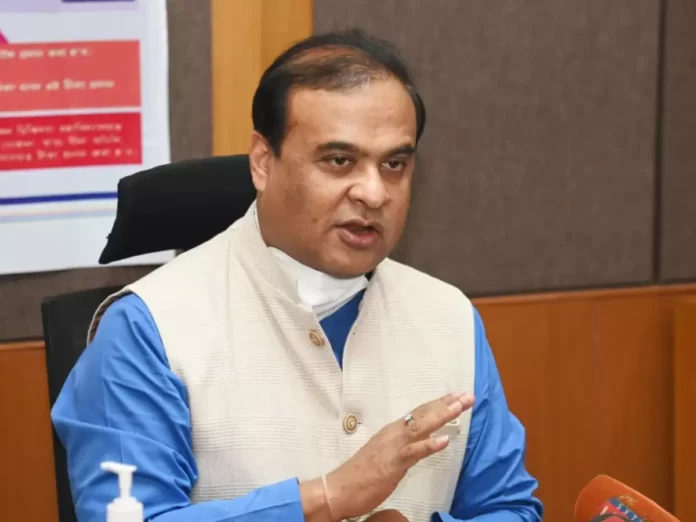In a move that stirred both controversy and anticipation, the Citizenship Amendment Act (CAA) was passed in India in 2019. Aimed at providing a path to citizenship for persecuted minorities from neighboring countries, it has been a subject of intense debate since its inception. Now, Assam, a state known for its complex demographic landscape and historical tensions, finds itself at the center of discussions once again. According to Himanta Biswa Sarma, the current Chief Minister of Assam, the implementation of CAA could lead to a significant influx of new citizens into the state.
Himanta Biswa Sarma, a prominent political figure in Assam, recently made headlines with his projections regarding the potential number of applicants for Indian citizenship under the CAA. According to him, an estimated three to six lakh people could apply for citizenship in Assam alone. This revelation has reignited discussions surrounding the implications of CAA on Assam’s socio-political fabric.
To understand the significance of Sarma’s projections, it’s crucial to delve into the context of Assam’s history and the complexities of its demographic makeup. Assam has long grappled with issues related to immigration, with the influx of migrants from Bangladesh being a particularly contentious issue. The Assam Accord of 1985, which aimed to address these concerns, laid the groundwork for the identification and deportation of illegal immigrants, known as “foreigners.”
However, the implementation of the National Register of Citizens (NRC) in Assam in 2019 revealed the scale of the challenge. The NRC exercise, intended to identify genuine Indian citizens and weed out illegal immigrants, led to the exclusion of over 19 lakh people from the final list. This process highlighted the complexities of determining citizenship in a region marked by porous borders and overlapping identities.
Against this backdrop, the introduction of CAA added another layer of complexity to the already contentious issue of citizenship in Assam. The act provides a path to citizenship for Hindu, Sikh, Buddhist, Jain, Parsi, and Christian immigrants from Pakistan, Bangladesh, and Afghanistan who entered India before December 31, 2014, ostensibly to escape religious persecution. However, critics argue that the exclusion of Muslims from its purview is discriminatory and undermines the secular principles enshrined in India’s constitution.
Sarma’s projections regarding the number of potential CAA applicants in Assam have sparked varied reactions. Proponents of the act argue that it offers a lifeline to persecuted minorities who have sought refuge in India, aligning with the country’s humanitarian values. They believe that granting citizenship to these individuals is a matter of justice and compassion.
On the other hand, critics express concerns about the demographic implications of CAA, particularly in a state as sensitive as Assam. They fear that the influx of new citizens, primarily from Bangladesh, could alter the demographic balance and exacerbate existing tensions. Moreover, there are apprehensions about the potential marginalization of indigenous communities in Assam, who have long expressed fears of being outnumbered by immigrants.
The debate surrounding CAA in Assam is further complicated by the absence of a comprehensive mechanism to address the concerns raised by various stakeholders. While Sarma’s projections shed light on the potential scale of the issue, they also underscore the urgent need for a nuanced and inclusive approach to citizenship and immigration policies.
Moving forward, it is imperative for policymakers to engage in meaningful dialogue with all stakeholders and address their apprehensions and grievances. Any decision regarding citizenship and immigration must be guided by principles of justice, equality, and respect for diversity. Additionally, there is a pressing need to invest in measures aimed at fostering social cohesion and integration, ensuring that the diverse communities of Assam can coexist harmoniously.
In addition, Himanta Biswa Sarma’s projections regarding the number of CAA applicants in Assam have brought the spotlight back on the contentious issue of citizenship in the state. As Assam navigates the complexities of its demographic landscape, it is essential to approach the issue with sensitivity, empathy, and a commitment to upholding the principles of democracy and inclusivity. Only through inclusive dialogue and equitable policies can Assam forge a path toward a more just and harmonious future.



